The Hongqi S9, an Impressive 1,400bhp Hybrid Hypercar… From China
Simple copy-paste, or is there more to it?
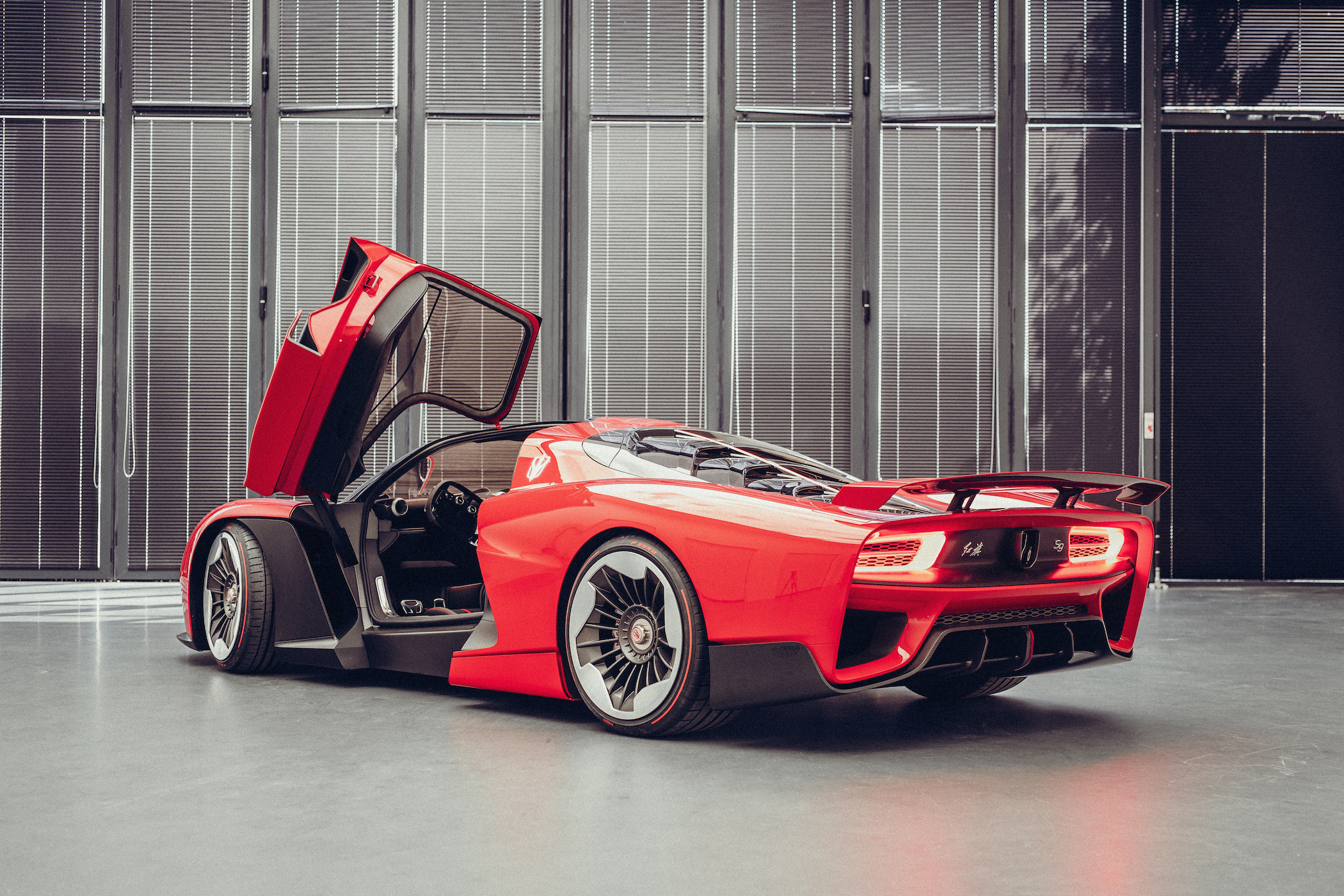
Admittedly, most of the stories involved in our Petrolhead Corner are focused on European or American cars. For decades, that was “where the action was”. As time and technology ploughs on, though, and the industry expands into unknown territories at a rapid pace, other markets have been opening up fast. One example is the Chinese automotive industry. Years of simply copy-pasting design from other manufacturers saw them ridiculed, but there’s more to it than you think!
For people not familiar with the Chinese automotive industry, the country has been booming for years now. You’d be surprised (as I was) to learn that China has been the largest manufacturer of cars since 2008. Since 2009 China produces more cars a year than the EU, the US and Japan COMBINED! The industry was built on a Soviet backbone with cars produced under licence since the 1950s. Production was rather limited compared to the size and population of China, and numbers hovered around 300,000 cars per year. These cars were pretty much exclusive to China, with some finding their ways to neighbouring or befriended countries.
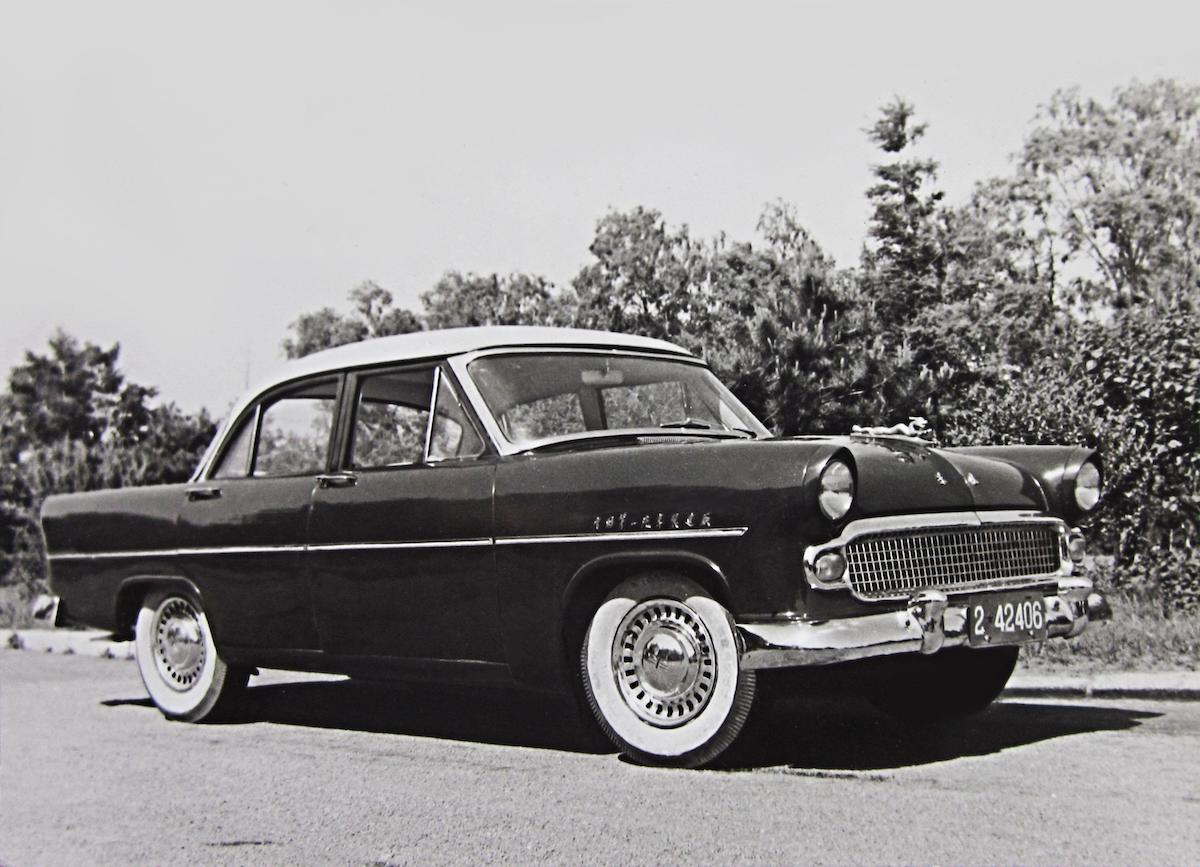
Since the 1990s, though, with the extreme population growth, the push for state-of-the-art infrastructure and a rapidly expanding industry changed things big time. In 1992 China exceeded the production of one million cars. By the year 2000, that number rose to over two million. Ten years down the line, and we’re looking at 18 million vehicles. Last year it was estimated that China built over 25 million vehicles, both passenger and commercial.
Next to producing a massive amount of cars, foreign cars have been increasingly popular. It is one of the biggest markets for non-Chinese car manufacturers. In fact, it is quite comparable to the watch industry. With the nation’s increasing wealth – although there is a strong divide between rich and poor people – the demand for luxury vehicles skyrocketed. If you look at the statistics, the top ten brand sellers include several foreign carmakers. In 2017, Volkswagen sold over three million cars in China alone, for instance.
As mentioned, the Chinese automotive industry generates its fair share of controversy. There are countless examples where a Chinese car looks eerily similar to a European or American car. Everything from a Mini Cooper or Volkswagen up to a Range Rover Evoque and even a Porsche Macan has been copied, with “evidence” by Motor1.com here. I’ve even heard stories where parts seem almost interchangeable between the original and a Chinese copy. The Chinese government is also accused of forced technology disclosure, mainly in the EV segment. Foreign carmakers are obliged to share their electric technology before a car can go on sale.
The Hongqi S9 Hybrid Hypercar
The last decade or so saw a large push from Chinese manufacturers to enter foreign markets. Although initially the quality was inferior to European, American, Japanese or Korean cars, they have caught up and show signs of remarkable quality. This even leads to the odd super- or hypercar project. Sometimes we never hear anything after an initial press announcement, but there’s one project that looks to be changing that: the Hongqi S9 hybrid hypercar.
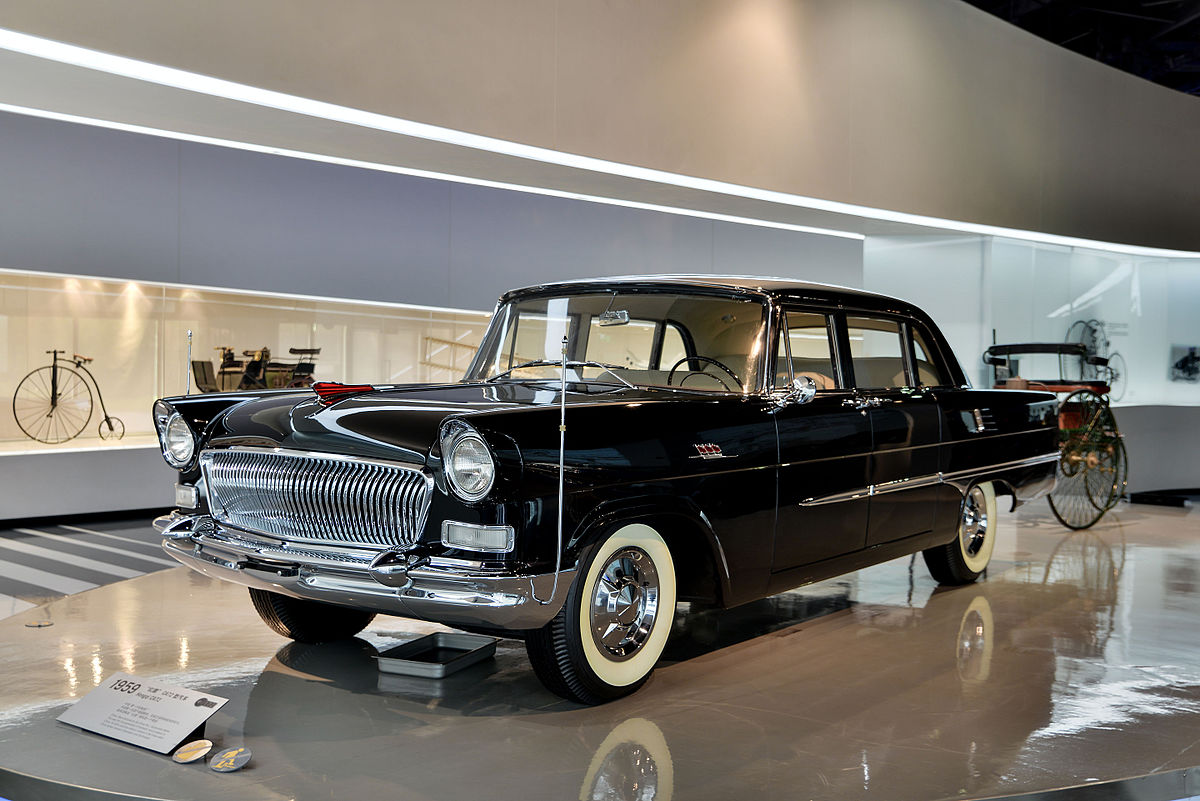
Before we get into the S9, it’ll be helpful to explain what Hongqi is. It used to be a prolific carmaker, building luxurious saloons and limousines, in business from 1958 until 1981. Hongqi’s were primarily used by high-ranking military officers, captains of industry and heads of state like Chairman Mao Zedong. Hongqi actually translates to “Red Flag”, a ubiquitous symbol of communism. Styling for most cars was a mix of American, European and Russian car design. In the mid-1990s, they were revived under FAW ownership, which is a giant Chinese car manufacturer.
Our regularly featured go-to automotive encyclopedia Jay Leno featured a 1978 Hongqi CA770, an enormous luxury vehicle with a Ford V8.
The Hongqi S9 Hybrid was announced to the world only recently. As more and more details emerge, it’s clear that Hongqi is dead-serious about this project. The brand is evolving into a luxury and performance brand and has enlisted the help of European heavyweights to succeed. The project is a joint venture between FAW and Silk EV, an Italian electric vehicle specialist. They’ve hired an Italian car designer and former Volkswagen Group head-of-design, Walter de Silva, for the styling of the car. De Silva is responsible for a whole range of cars that you and I will probably be very familiar with: the Alfa Romeo 146/156/166 range of cars, for instance, and a sleuth of SEAT’s, Audi’s and Volkswagens. Stand-out models are the Audi R8, Volkswagen Scirocco revival and 2006 Lamborghini Miura Concept. Along with Walter de Silva, they have now hired industry veteran and former Ferrari CEO Amedeo Felisa (2008-2016).
The Hongqi S9 is the first product to emerge from this joint venture. The concept of this car dates back to the 2019 Frankfurt International Motor Show, with the production version shown earlier this year. The design is rather striking and seems highly original. It features NACA-duct styled headlights with air-intakes, butterfly doors à la McLaren, a louvred glass engine cover, funky wheels and a lot of aero trim throughout the car. The body is finished in a bold red-and-black paint job, most likely made of carbon fibre.
But best of all, it promises a 1,400bhp V8 hybrid powertrain. As stated by Hongqi, performance figures should be a zero-to-60mph (0-100kph) of 1.9 seconds and a 250mph (402kph) top speed. The battery pack should be sufficient to power the car on electricity alone for up to 25 miles before the engine kicks in. To put this in perspective, the Ferrari LaFerrari and Porsche 918 Spyder have an electric-only range of 12 and 19 miles, so this should trump them both. With these performance figures, though, it should be regarded as a rival for the Koenigsegg Regera and Gemera, or the McLaren Speedtail. Talk about stiff competition!
Hongqi is planning to build 99 S9’s, with production in Modena, Italy. Following the release of the S9, which is one of the steps in the plan by FAW for the rejuvenation of Hongqi, more luxury and performance-oriented cars can be expected. These will be produced in China, with FAW investing up to a billion USD to reach a million cars by 2030. When the Chinese do things, they’re not bothered by scale! The car is scheduled to hit the road in 2022, so we’ll have to wait and see how it stacks up against more established hypercars.
More information on the Hongqi S9 hybrid hypercar on MotorAuthority.com and Jalopnik.com.

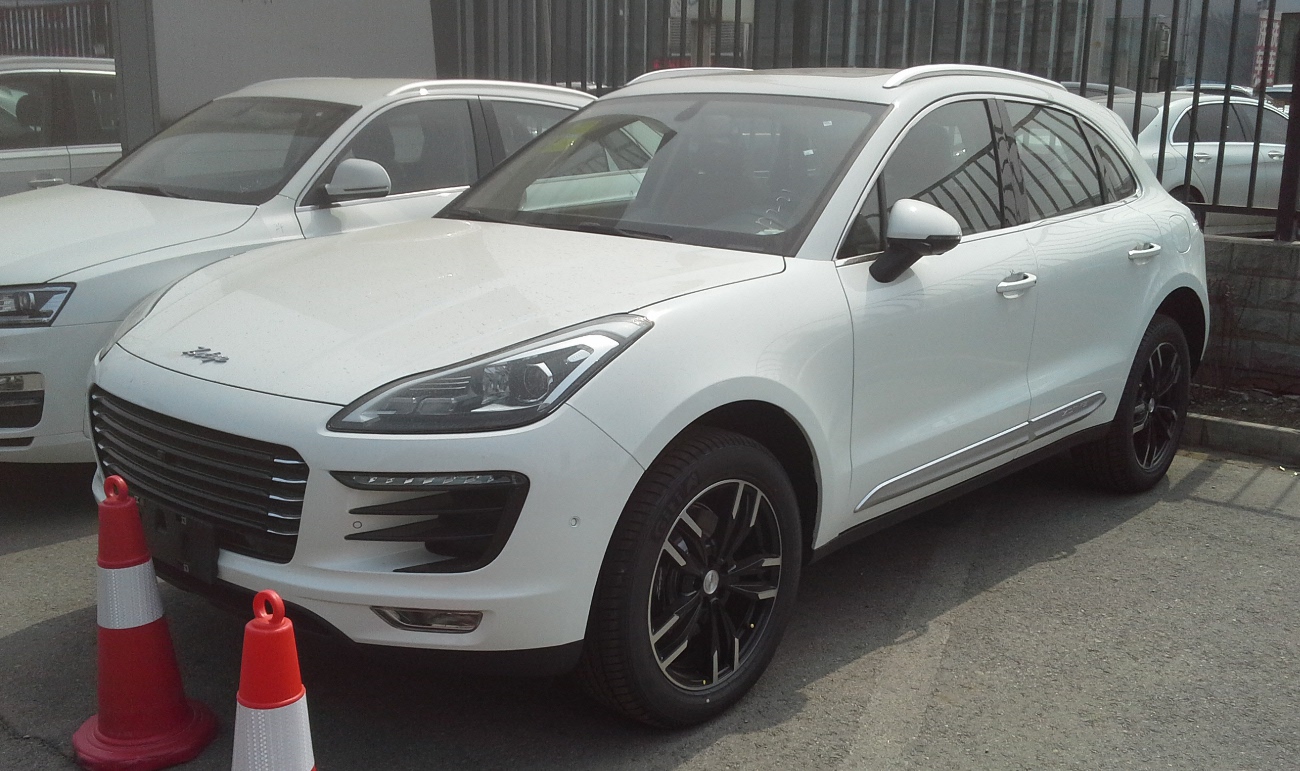
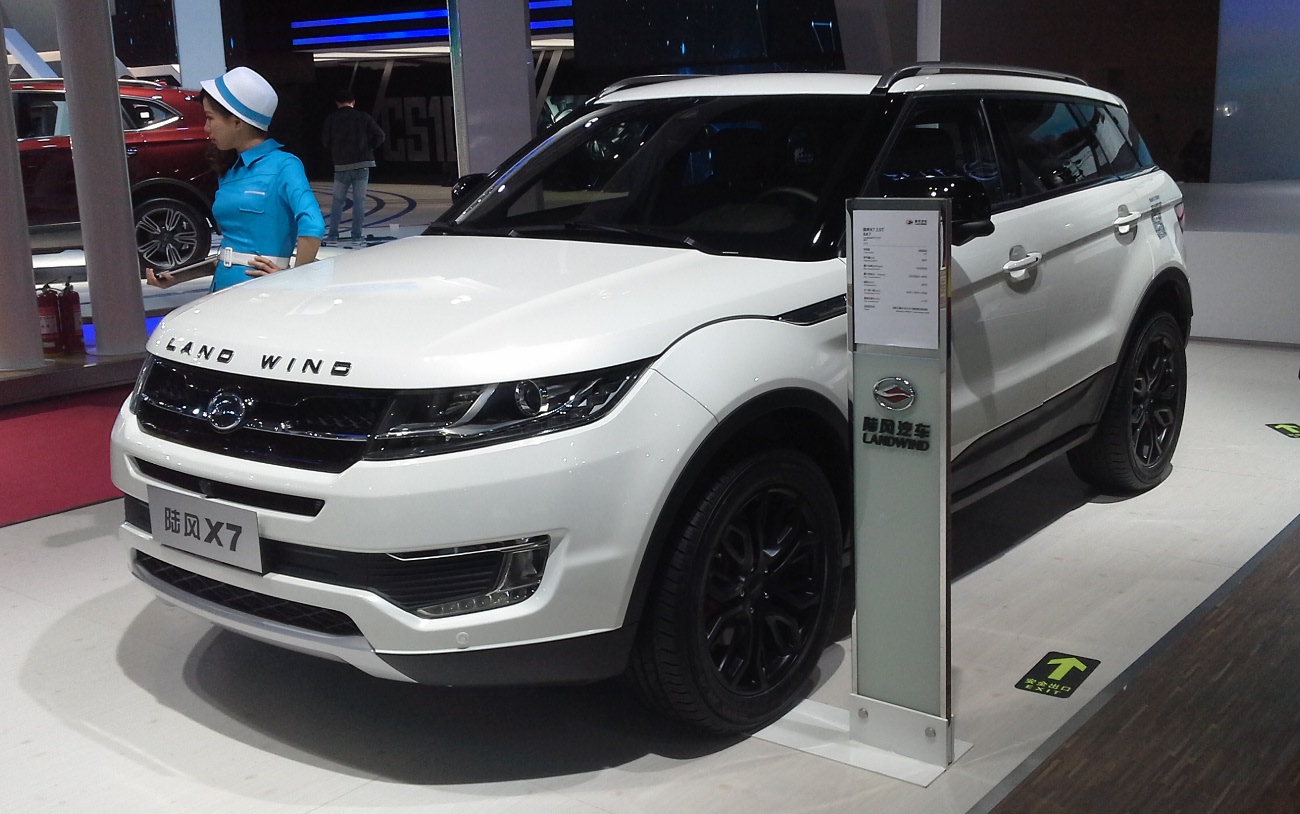
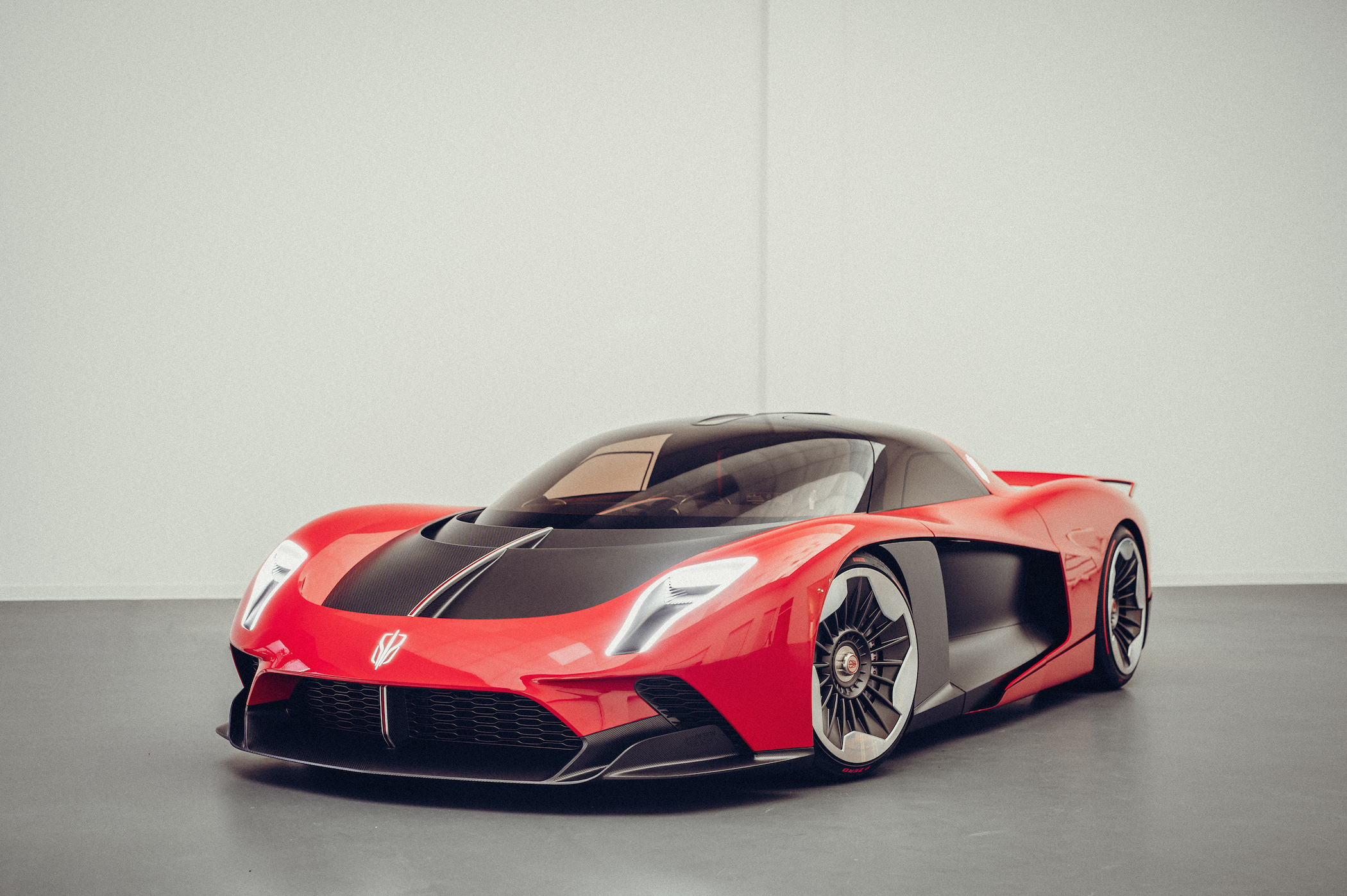

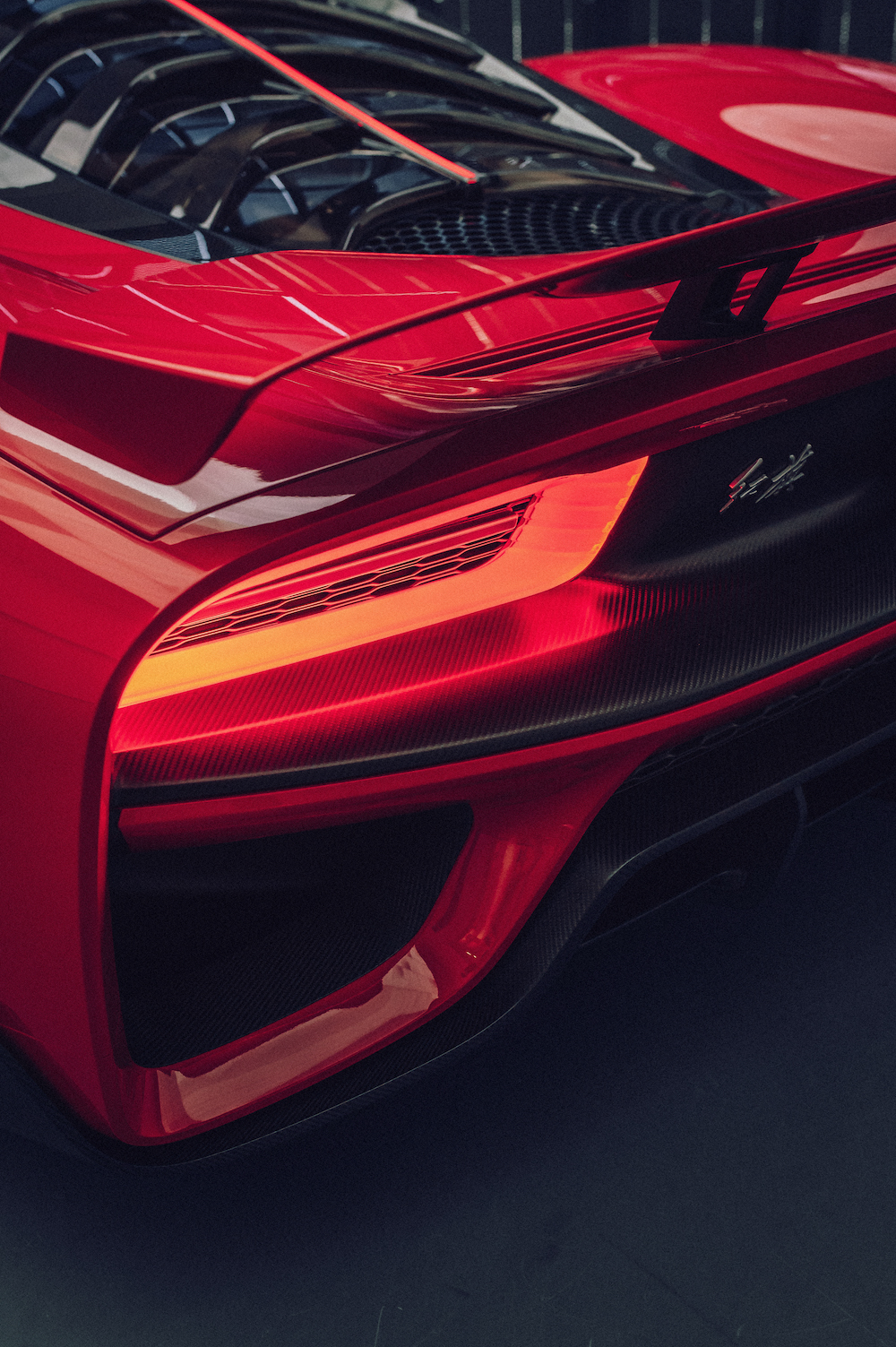
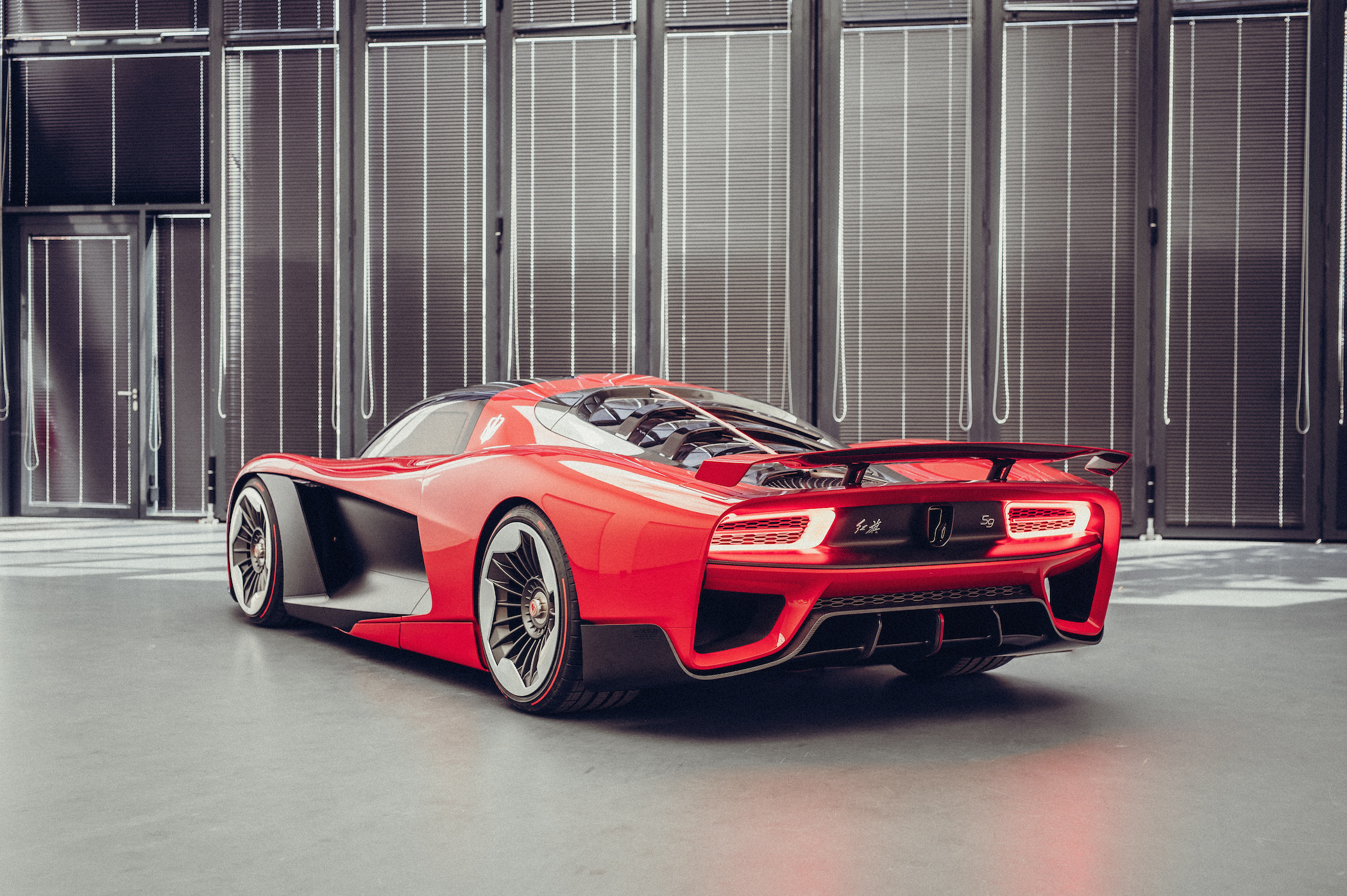



2 responses
Robin!
THIS made my day! HongQi cars are usually nasty. This one is not however! I personally have never been able to move my mind past the notion that a “red flag” in every other part of the world is considered a warning sign and an omen of big problems. As you pointed out, it means something TOTALLY different here.
If I may be so bold – take a look at Qiantu – one of my favorite of the souped-up looking EVs: this one makes a distinctive ‘chirping’ sound as it glides past. It isn’t the fastest – but the noise it makes is quite unique.
Why is it ugly , you had choices ?